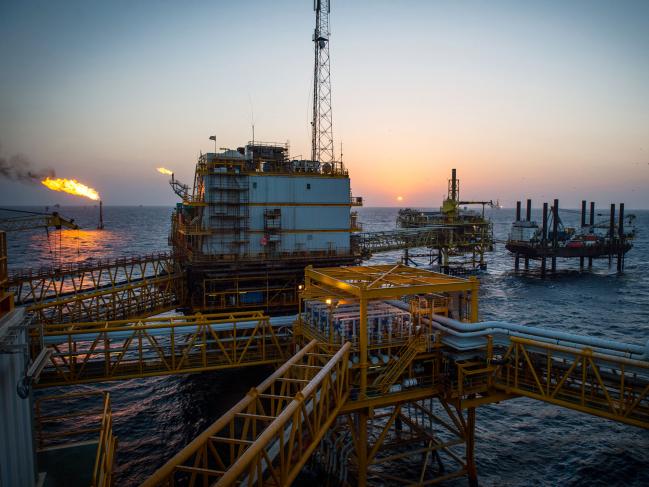(Bloomberg) -- Saudi Arabia plans to meet all requests for oil purchases it has received for June, notably from countries that had to stop buying Iranian crude because of recent U.S. sanctions.
The world’s biggest oil exporter has received moderate requests from customers for shipments next month, including from former buyers of Iran’s oil, according to a Persian Gulf person familiar with Saudi plans, who asked not to be identified because the matter is confidential.
Saudi oil production for June is expected to remain below the kingdom’s ceiling under an agreement between OPEC and its allies limiting output until the end of next month, the person said. Saudi Arabia pumped about 9.8 million barrels a day in March and April and has an OPEC quota of 10.311 million.
The kingdom will continue to export less than 7 million barrels a day in June, the person said.
OPEC+, as the producer coalition is known, will respond to any actual shortage once it materializes by increasing supply, the person said. Saudi Energy Minister Khalid Al-Falih said last month that he sees no need to take immediate action in the oil market, signaling a cautious response to the U.S. decision to tighten sanctions on Iran.
Regional Tensions
Crude prices have been bolstered as exports from several suppliers including Iran face disruption. Tensions in the oil-rich Gulf intensified as the U.S. sent an aircraft carrier strike group to the region and Iran threatened to resume uranium enrichment beyond agreed limits.
Riyadh is treading a fine line between keeping its key U.S. ally happy while preserving OPEC+ unity. To prevent a possible spike in crude, Washington expects Saudi Arabia and other OPEC members to help make up for anticipated losses in Iranian exports.
At the same time, Saudi Arabia is leading OPEC+ in cutting supplies to try to buttress crude and avert a glut. If the kingdom boosts production sharply to offset missing Iranian barrels, it will have a hard time persuading others to limit output. OPEC, including Iran, plans to meet in June to decide whether to extend their production curbs into the second half of the year.
Saudi Arabia on Sunday raised June pricing for all crude grades to Asia, its largest market, as that region looks for replacement barrels to make up for a supply shortfall. The hike in prices came as refiners across Asia seek more Saudi crude for June and July loading after the expiration on May 2 of U.S.-issued waivers permitting imports of Iranian oil.
(Updates with oil price details in sixth paragraph; Asia buyers in seventh.)
